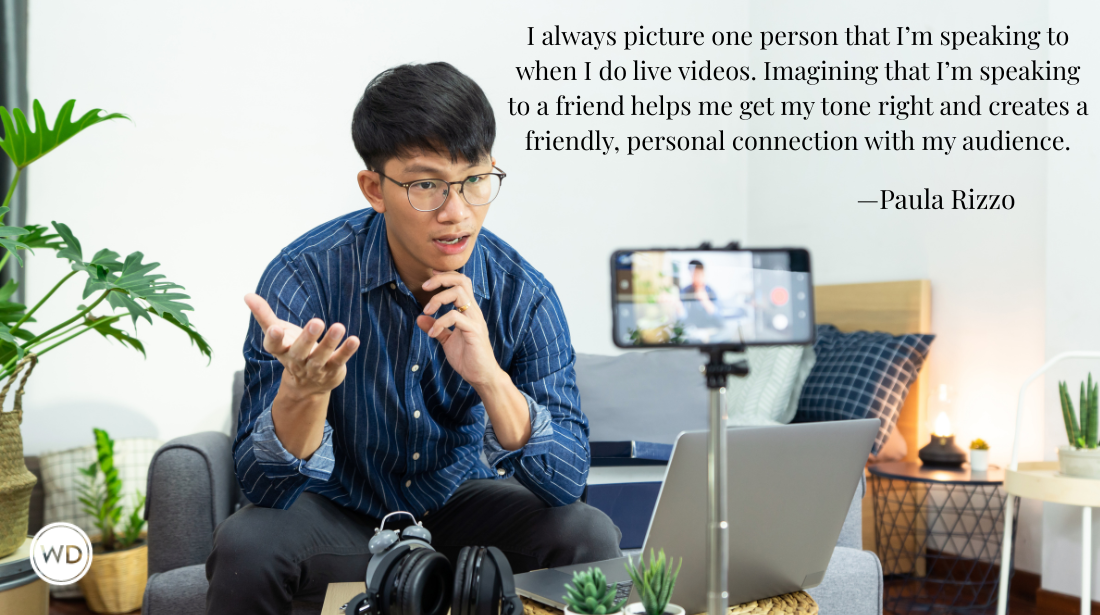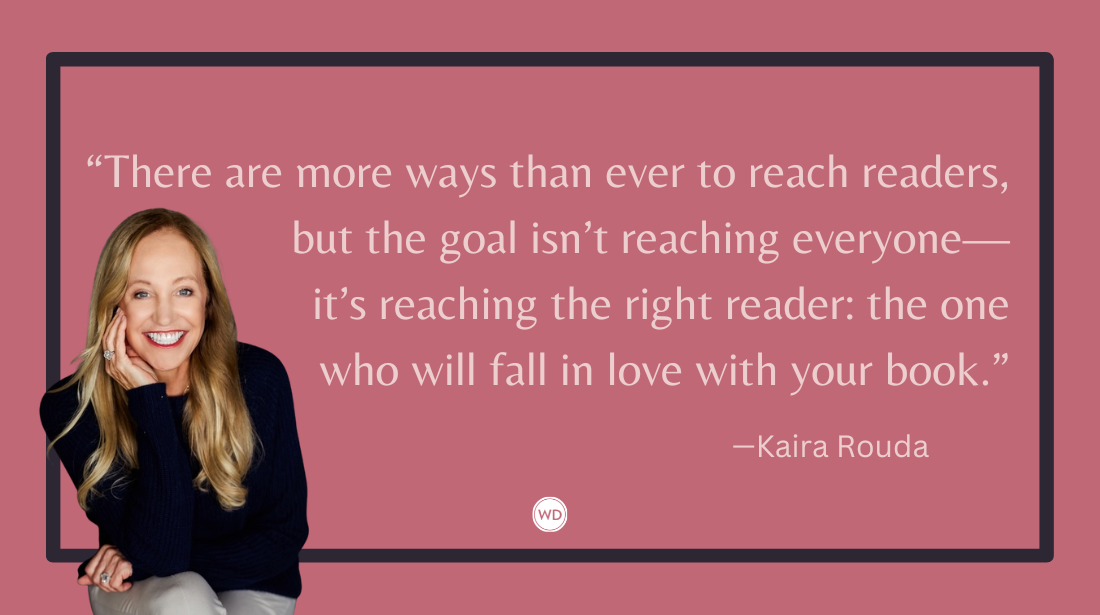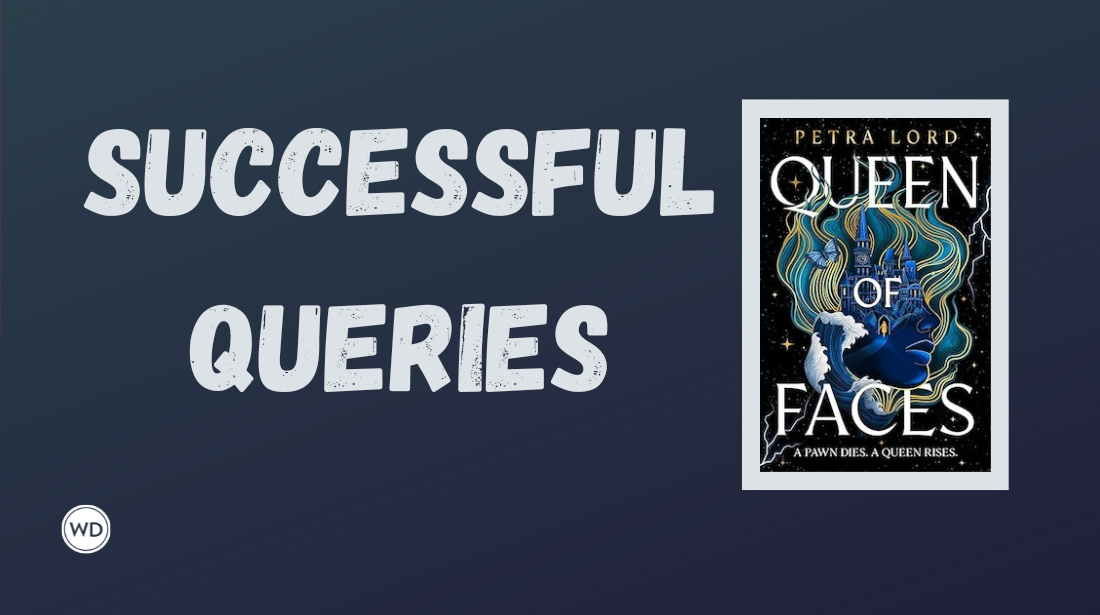Writing Mistakes Writers Make: Not Submitting Your Work
The Writer’s Digest team has witnessed many writing mistakes over the years, so we started this series to help identify them for other writers (along with correction strategies). This week’s writing mistake is not submitting your work.
Everyone makes mistakes—even writers—but that's OK because each mistake is a great learning opportunity. The Writer's Digest team has witnessed many mistakes over the years, so we started this series to help identify them early in the process. Note: The mistakes in this series aren't focused on grammar rules, though we offer help in that area as well.
Rather, we're looking at bigger picture mistakes and mishaps, including the error of using too much exposition, neglecting research, or researching too much. This week's writing mistake writers make is not submitting your work.
Writing Mistakes Writers Make: Not Submitting Your Work
When I first started my MFA program, my first workshop instructor said that by the end of the semester, she wanted us to show her an email receipt that proved we’d submitted something to a publication. We didn’t need to have it accepted—we didn’t even need to have gotten a response from the publication. We just needed to put ourselves out there.
I gave myself a slightly different goal: Have one story published for every semester I was in my MFA program. Out of the four semesters I was there, I got three pieces published in small online literary magazines (I didn’t submit anything my last semester because I was too busy finishing up my thesis).
After graduation, I didn’t submit things for many years, instead just writing and sharing the work with close friends. After I got hired here at WD, I started writing more, and with that, I started submitting again. What I’d forgotten about submitting is that rejections can be invigorating. Really! Each time I’ve gotten a “Thanks, but this isn’t a great fit for us,” a thrill of pride has gone through me because at least I put myself out there. And if it’s not a fit at one publication, well, I’m sure it’ll be a fit somewhere else.
Submitting your work means that you’re taking yourself seriously. You’re taking your career seriously. And when you do get those yeses, you’re building a nice résumé to show off to potential agents or to use in your next book’s bio. And practice makes perfect—the more you submit, the better you’ll get at submitting, and the more work you’ll likely get published down the line.
Mistake Fix: Give Yourself Reasonable Goals
Especially when you’re first starting out, you might not want to submit to The New Yorker first. (Or maybe you do? Who am I to tell you no?)
But where should you look if not the big names that you’re probably the most familiar with? This is when your good friend Google comes in handy. Most MFA programs will have a lit mag that would love to feature up-and-coming talent; you can also look for calls for submissions on sites like Reedsy or CLMP. Here on our site, Senior Editor Robert Lee Brewer runs our Market Spotlight series, where you can find magazines and journals actively seeking work!
As you look for places to submit, you want to make sure that you’re accurately following their guidelines. Is your piece within their accepted word count? Do they accept your genre? If your piece has been previously published, whether in another publication or on a personal blog, does that go against their guidelines? Do they require a fee for submissions, and if so, is the fee within your budget?
Once you have a list of places you’d like to submit to, create yourself a spreadsheet. Your spreadsheet should have the name of the publication, the submission editor’s name, the date that you submitted, the title of your submission, the deadline for the submissions, and what their guidelines say about following up on your piece. Some publications ask that you not follow up for a set amount of time after you submit, and you want to be respectful of those guidelines. If you’re planning to submit the same place to several publications, you’ll want to keep track of that in your spreadsheet as well!
Finally, you’ll also want to make sure that you put your cover letter together, as a publication will usually require one to go with your submission. Robert has a wonderful article here on our site about cover letters for poets that I’ve used to write cover letters for my fiction submissions. You can find it here.
If you find that you’re not quite ready to submit or if you only write long-form projects, that’s OK. There are plenty of other ways for you to put your work out there, like looking for a local (or online!) open mic event at places like bookstores, libraries, and craft conferences. You can even get a few friends together to practice reading your work aloud to a group and encourage them to share their work as well. You can even find local writing groups in your areas and build a community that way!
No matter what, no one will take your writing seriously if you don’t. That attitude starts with you. Submitting your work is an important step in your writing career, but even if your initial submissions don’t land you a publication credit, you’re still going to gain great experience that will help you later on.









